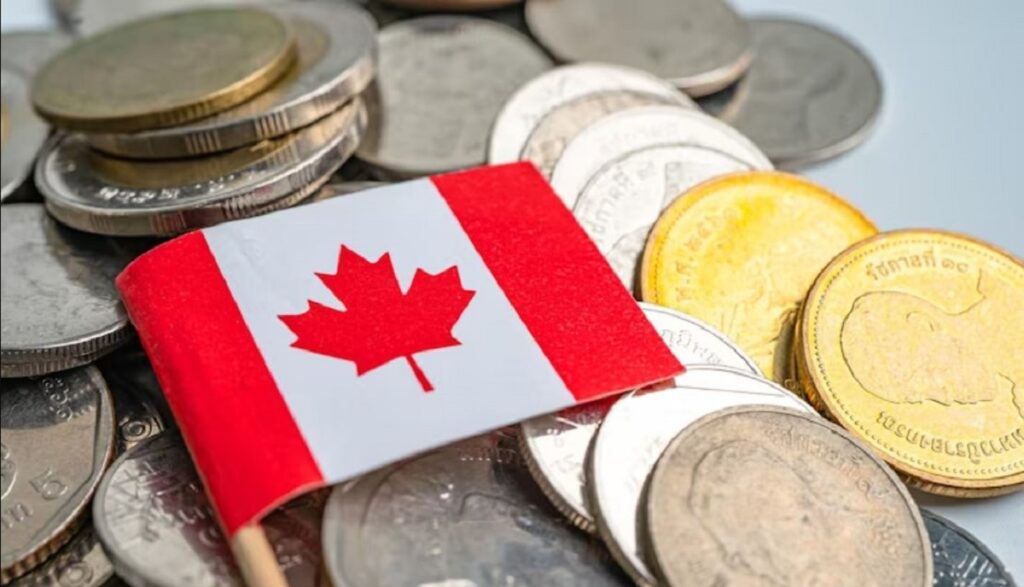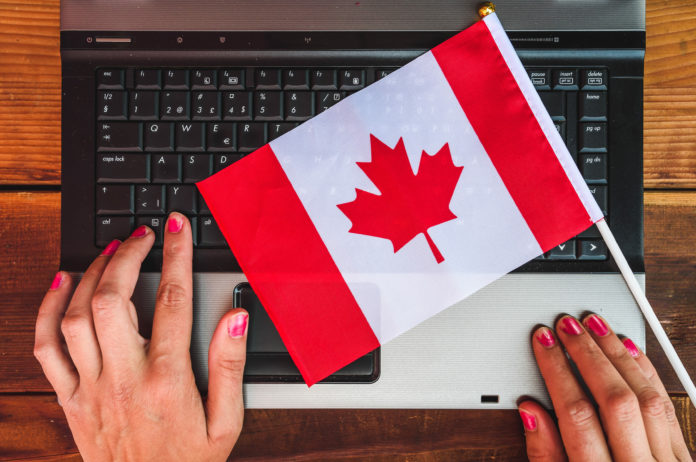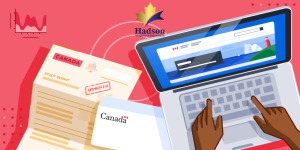Amount of money required to immigrate to Canada
When it comes to immigration costs, the Great White North is still fairly affordable compared to other popular immigration destinations such as Australia, the UK, and the USA.
In this article, we give you a comprehensive breakdown of the country’s immigration fees to give you an idea of how much money you will need to immigrate to Canada with your spouse or family.
The amount of money you need to immigrate to Canada depends on the size of your family and the type of immigration program you apply for.
It further involves settlement funds, visa processing fees, the collection of required documents and even bringing your pet over.
What Are Settlement Funds For Canada?
Settlement funds are the amount of money you will need to support yourself and any dependents once you settle in Canada.
You will need to provide proof of these funds to demonstrate that you can live independently without government assistance.
Proof of funds is not specific to the Express Entry system. For Example, the Atlantic Immigration Program (AIP), Start-up Visa Program and Investor Visa Programs require it, too.
To show that you have sufficient settlement funds, you must obtain official statements from your bank. This statement will have to be in an official letter format and will need to:
Be printed on your bank’s letterhead
Include all your bank’s details, from address and telephone number and email details
State your full name
Include your financial history and status
Include your bank account details
Amount of money required to immigrate to Canada
If you don’t already have a job lined up in Canada, you’ll need adequate savings to get you through the first three months, while you settle into your new life.
As soon as you arrive in Canada, you will have to pay for basic necessities like groceries, rent, transportation, and utilities.
To ensure that you don’t run out of money before you’ve received your first paycheck, the Canadian government requires that all permanent resident applicants have an adequate amount of savings.
Immigration, Refugee, and Citizenship Canada (IRCC) created the Express Entry system, which is the most popular immigration pathway to Canada for skilled foreign workers and their close family members.
The IRCC settlement funds change every year.
A single applicant without a spouse or common-law partner and any dependent children must have a minimum of $13,757 in savings to qualify for permanent residency.
A couple immigrating to Canada must have a combined sum of $17,127 in settlement funds.
Basically, you must add an additional $3,706 in savings for every other dependent family member, even if they don’t move to Canada with you.
Canadian Immigration and Visa Fees
Express Entry Processing Fees
There is no cost to creating an Express Entry profile. It’s only when you receive an Invitation to Apply (ITA) and submit a complete application that you’ll need to pay certain fees:
- Your application processing fees – $1,365
- Include your spouse or partner – $1,365
- Include a child – 230 per child
Processing Fees and Settlement Funds for PNP Candidates
Provincial application or processing fees are determined by each province and territory. They are added to the federal immigration fees that successful provincial nominees pay to apply for permanent residence. They are as follows:
- Your application processing fees – $1,365
- Include your spouse or partner – $1,365
- Include a dependent child – $230
Right of Permanent Residence Visa Fee (RPRF)
Your right of permanent resident fee costs $515 per adult applicant. The fee can be paid at the same time as your application fees to help reduce delays during processing. If your application is not approved, you will be refunded. However, when you pay the fees and your application is successful, you are officially a Canadian permanent resident.
Note: The RPRF won’t apply to:
- Your dependent children
- Sponsorship applications for children who have been adopted
- Sponsorship applications for siblings, nieces, nephews or grandchildren who have been orphaned
- Individuals who are under protection, including convention refugees
Temporary Visas and Immigration Documents Costs
If you want to get a feel for life in the Great White North before taking the leap, you’ll want to apply for a temporary visa, like a visitor visa or a work permit. The great thing about having Canadian work experience and/or a Canadian qualification is that it significantly increases your chances of immigration success.
If you are ready to commit to life in this incredible country, you’ll need to collect a few documents for your immigration application, such as language test results and a medical examination. You’ll have to budget for the fees involved with each, so take a look at the various costs below.
Temporary Visas and Immigration Documents Costs | |
|---|---|
| Visa Type or Immigration Documents | Costs in CAD |
| Study Permit | $150 |
| Permanent Resident Federal Fee | $1,365 |
| Work Permit | $155 |
| Visitor Visa | $100 |
| Visitor Visa (Family) | $500 |
| Working Holiday Visa | $153 |
| IELTS (English) Language Test | $335 |
| TEF (French) Language Test | $440 |
| Medical Examination | $250 – $500 |
| Police Clearance | $25 on average |
| Education Verification | $200 plus delivery costs. |
FAQS
Will I be Required to Bring the Total Amount of Settlement Funds?
No,
you won’t need to bring the entire amount when you enter Canada. That said, you’ll have to carry a current bank statement to serve as proof of funds in case immigration officers require it.
What Kinds of Funds Are Recognized?
Recognized funds may include:
Cash
Stock
Debentures
Cheques
Banker’s drafts
Money orders
Bonds
Traveller’s cheques
The first step towards moving to Canada is to get an assessment of your specific situation. Call us today at +1 604 358-5763 for an assessment to see if you are eligible to move to Canada, or fill out our online assessment form.









